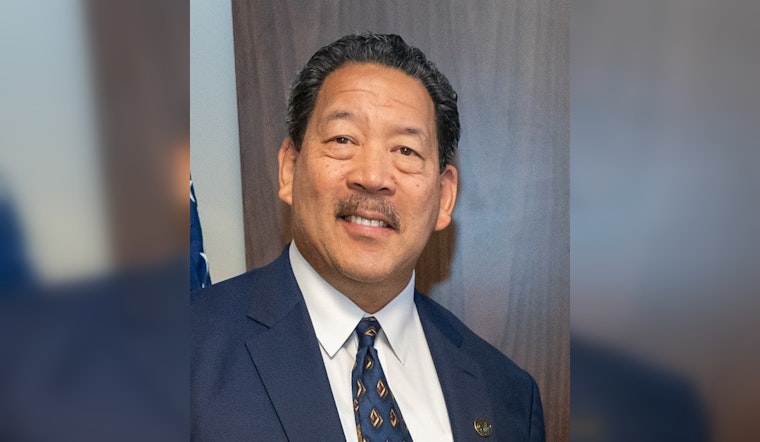Seattle Mayor Bruce Harrell, surrounded by state officials and real estate investors, drafted new legislation to speed up the city’s co-living housing creation in a move that will likely influence the city’s affordable housing future. According to the City of Seattle’s official website, a rise in micro-apartment and single-room occupancy alternatives will provide residents with cheaper-than-average rental prices within communal living arrangements, usually ranging from $850 to $950 per month.
“To bring down housing costs and serve residents at all stages of life, Seattle needs more housing and a more diverse range of housing options,” said Mayor Harrell, highlighting the initiative as a practical way to diversify the housing mix in areas rife with employment, commuting options, and various amenities. The legislation, which complies with Washington State Engrossed House Substitute Bill 1998, paves the way for co-living quarters in multi-family zones and relaxes design criteria to add versatility to the configuration of shared spaces. At the same time, the bill also repeals previous parking mandates within 0.50 miles of major transit stops.
State Representative Mia Gregerson (D-SeaTac) added context by acknowledging the removal of “unnecessary” barriers that impede co-living projects, referring to the expectation that additional housing solutions will be discussed in the upcoming legislative session. State Senator Jesse Salomon (D-Shoreline), who advocates for a variety of housing opportunities, highlighted the bill’s potential to help young adults and retirees by providing affordable living in desirable neighborhoods.
The mayor’s One Seattle Housing Agenda, which aims to increase housing availability, promote affordability, and expedite the development process, includes two additional proposals that Mayor Harrell presented to the City Council’s Land Use Committee in addition to the new co-living housing legislation. These proposals center on changes to Seattle’s accessory dwelling unit (ADU) code and the pursuit of a sales tax exemption for projects that convert nonresidential spaces into residential uses. The director of the Office of Planning and Community Development, Rico Quirindongo, expressed support for these tactics, characterizing them as crucial tools for creating a more dynamic Seattle that is prepared for expansion in the future.
“Co-living is a form of housing that creates plentiful, inexpensive homes, uses a fraction of the energy of conventional housing, helps people connect to form community, and allows people to live in neighborhoods they’d otherwise be priced out of,” said David Neiman, partner at Neiman Taber, who was excited about the potential of co-living housing. Neiman described co-living as environmentally friendly and community-oriented, allowing residents to live in otherwise expensive locations.As accessible parks, facilities, and services become available, Seattle sets off on a path to housing affordability and diversity.
Note: Every piece of content is rigorously reviewed by our team of experienced writers and editors to ensure its accuracy. Our writers use credible sources and adhere to strict fact-checking protocols to verify all claims and data before publication. If an error is identified, we promptly correct it and strive for transparency in all updates, feel free to reach out to us via email. We appreciate your trust and support!



Leave a Reply